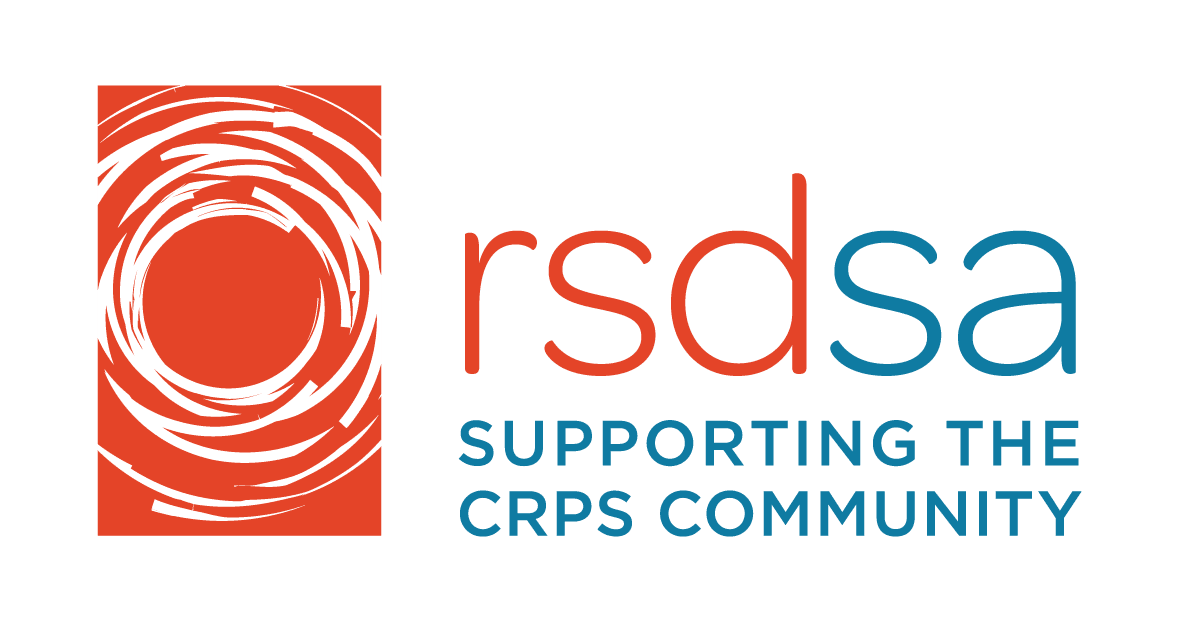Written by Joshua Borg for the RSDSA blog.
How and when did you develop CRPS/RSD?
In July of 2019 I slightly hit my shin against a piece of lawn equipment. Later that day I could tell something was wrong based on how it felt. In the following weeks and months, I visited with multiple doctors who ran multiple tests, yet none of them could explain my pain. After an EMG around February 2020, doctors noticed nerve damage in both legs. After ruling out almost everything else, they determined that I have CRPS.
What has daily life been like since your diagnosis?
In the simplest terms… different. Having had this for a little over 18 months now, I feel as though I have been on multiple journeys during that time. The first 9 months were full of a lot of confusion and frustration. Having this pain but no answer to what was causing it just did not make sense to me. Usually you have something wrong, you visit a doctor, and then they tell you how to fix it. I just kept getting “I don’t knows” from doctors. Through all this, the pain just kept fluctuating from day to day. My leg would swell and bruise at times, then go away days later. I felt very defeated most days since I had no answers or solutions.
I will always remember the day my doctor felt confident in diagnosing me with CRPS. I was hit with a rollercoaster of emotions within a matter of minutes. First was a sense of relief to finally have some kind of answer, but that quickly shifted to fear and sadness as I started to think about what this diagnosis now meant. I knew a little bit about CRPS by that time because a doctor had suggested it as a possibility, so I had already done some researching. I was flooded with emotion for what this meant for my life moving forward. It is quite an interesting feeling when you realize that your life, in that moment, has changed.
With guidance from my doctors, we quickly shifted into action mode as I have been told one motto of CPRS is “move it or lose it.” I immediately started PT and was very nervous at the onset. Worried that a movement here or a tweak there would cause some kind of setback. In the coming weeks I began to grow more confident and started pushing myself more and more during my PT sessions. I then bought all the equipment so I could begin doing these sessions on my own time. Finding that line of pushing yourself to improve, but not pushing too hard was a struggle at first, but I’ve grown more comfortable with it as time has gone on. Outside of that I have focused a lot more on my spatial awareness. Seeing as how I have had negative responses from pretty minor injuries, I’m just much more aware now about removing potential hazards around me.
What is one thing you wish those without CRPS/RSD could understand?
The mental toll this takes on us. There is so much to find out and so many changes to make to our lifestyle, all of that can seem a bit overwhelming. More than anything I have noticed it creates a tremendous amount of brain fatigue. I have learned to give myself time to say “I’m tired, I’m not going to search for any answers today,” and then be ok with that decision. Because so much of CRPS is not visible, it can be really difficult for those who are unaffected to have an understanding of the total effects. A therapist explained to me that those with CRPS are often grieving the loss of their former selves. Almost everyone has had to grieve the loss of a loved one at some point in their lives, but it is a very unique experience to grieve the loss of the self that you once knew.
What advice would you give to newly diagnosed Warriors?
Be diligent and be your own advocate with doctors. Take control of your journey. And almost as important, try to build a great support system. I’m extremely fortunate in that my family and friends have been my rock through this journey. I have heard of circumstances where tensions can build because our symptoms are often “invisible” and it’s really tough for others to understand. My circle has been an incredible support to me throughout all of this.
The other thing I have learned is that it is ok to rest… both physically and emotionally. Sometimes I may be too sore to exercise, so I don’t. And some days my brain may be too tired to work on my emotional well-being, so I opt to watch a movie or give myself other distractions. It is ok to give yourself a break from all of it. The key thing is to make sure you eventually get back to working on yourself so you keep moving forward.
What activities or treatments have helped you find temporary or long term relief?
Physical therapy helped me a lot. I started about one year after my onset of CRPS. Initially I was pretty scared to let a doctor touch my leg or push too hard during an exercise. But they built a program that eased me into it at my own pace. My wife and I also adopted a dog and I truly believe he has been great emotional therapy. He has given me another thing to focus on instead of the pain.
Please consider making a donation to RSDSA today!
